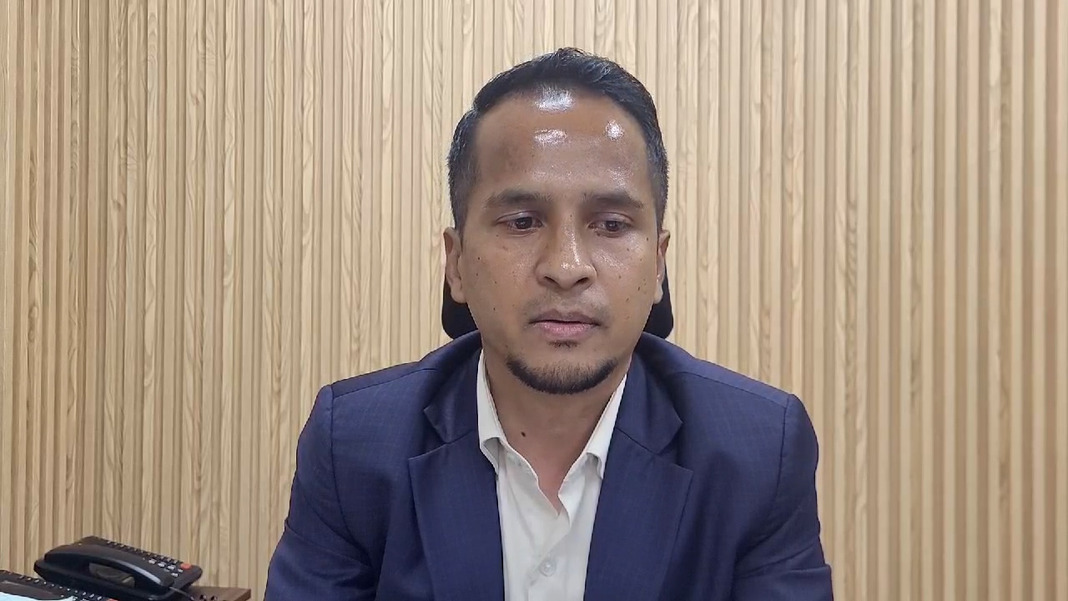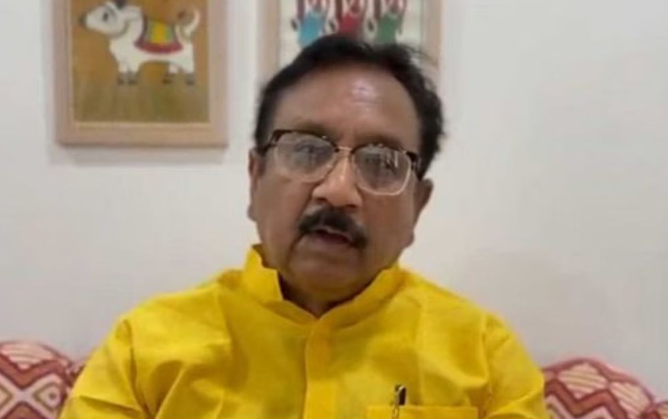No liquor license solely based on NOC from Rangbah Shnong: Shylla
Shillong, July 28: The state’s excise revenue is likely to cross Rs 500 crore following implementation of the QR Code system and Integrated Excise Management System (IEMS).
Informing this excise minister Kyrmen Shylla on Monday said there will be huge change in excise revenue growth in a year or two due to implementation of the new systems.
“We expect it will cross Rs 500 crore after completion of IEMS and QR Code,” he said.
Meanwhile, the government has stopped issuing licenses temporarily to study the presence of too many wine shops in certain locations and will decide on introducing new shops based on data collected through IEMS.
The implementation of QR Code tracking for liquor bottles is under way and expected to be completed before Independence Day (August 15).
The QR Code system will track liquor from the bottling unit to retailer shops, ensuring the quality and authenticity of drinks sold in the state, he said.
“The system will ensure that only genuine and approved liquor is sold in the state,” he added.
The QR Code will help detect adulterated liquor and identify products that are sold without proper procedures.
Meanwhile, based on a report, the government has temporarily stopped issuing licenses for new wine shops to conduct a study on the issue of presence of too many wine shops in certain locations.
The decision aims at gathering gather data and ensuring a more regulated approach to granting licenses.
“With IEMS we will get proper data and we will decide where to introduce and how many to introduce,” he said.
Making it clear that licenses would not be issued solely based on No Objection Certificate (NOC) from the Rangbah Shnong, he said the government plans to introduce a more regulated approach to licensing to ensure that wine shops are distributed fairly and do not concentrate in specific areas.
Meanwhile, Shylla said, the sale of alcohol in the state is regulated according to policy and rules, and it is not presented as an alternative to drugs.
“Drinking alcohol is not an alternative (to drugs),” Shylla told reporters while stressing that drugs are a particularly dangerous substance affecting the youth of the state.
Shylla highlighted that even in dry states, drug abuse is prevalent, and in some areas where alcohol is banned, children have turned to drugs.
It is the government’s top priority to address the drug menace in Meghalaya, particularly among the youth, he said.
Shylla further warned that strict action will be taken against factories and shops that engage in illicit practices, including the sale of adulterated liquor.




